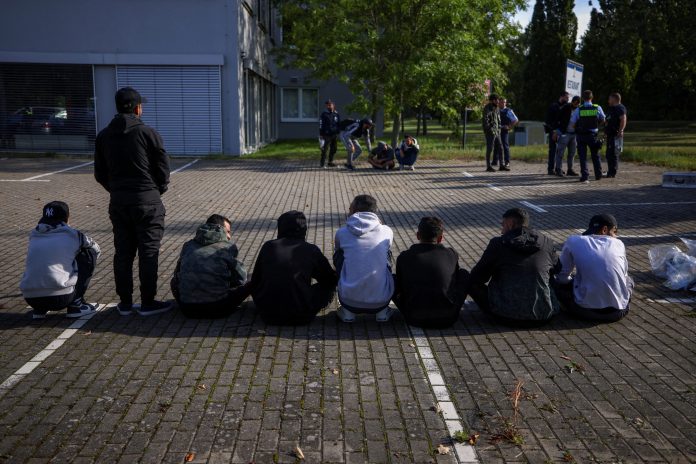The new German government has set a course to review liberal migration reforms, with Interior Minister Alexander Dobrindt announcing on Wednesday his intention to scrap the current three-year fast-track citizenship programme, calling it a “mistake” by the previous administration.
According to the minister, naturalisation should be the result of successful integration, not its starting point. Amendments to the citizenship law will be considered by the Bundestag on May 28. If approved, the minimum residence requirement for obtaining a German passport will once again be at least five years.
In addition, the government plans to introduce a two-year moratorium on the family reunification programme for refugees who have not been granted official asylum status. Dobrindt argues that liberal migration policy has created “false incentives” for illegal entry into the country and needs to be reviewed.
The new initiative also provides for tighter controls on the legality of migrants’ residence and links citizenship to stricter criteria of law-abiding behaviour and integration. The coalition stresses that the aim of the changes is not discrimination, but to protect the system and public trust.
The reform has been the subject of widespread debate: supporters call it a necessary step in the face of growing migration pressure, while critics see it as a threat to humanitarian standards. A final decision is expected in the coming weeks.
